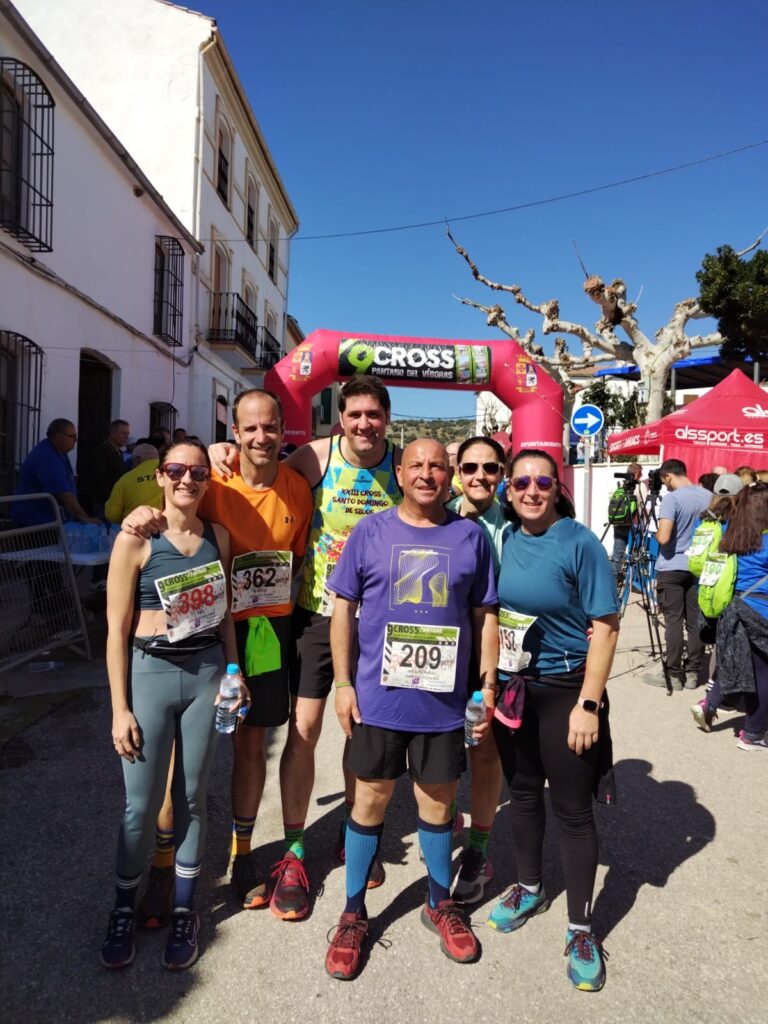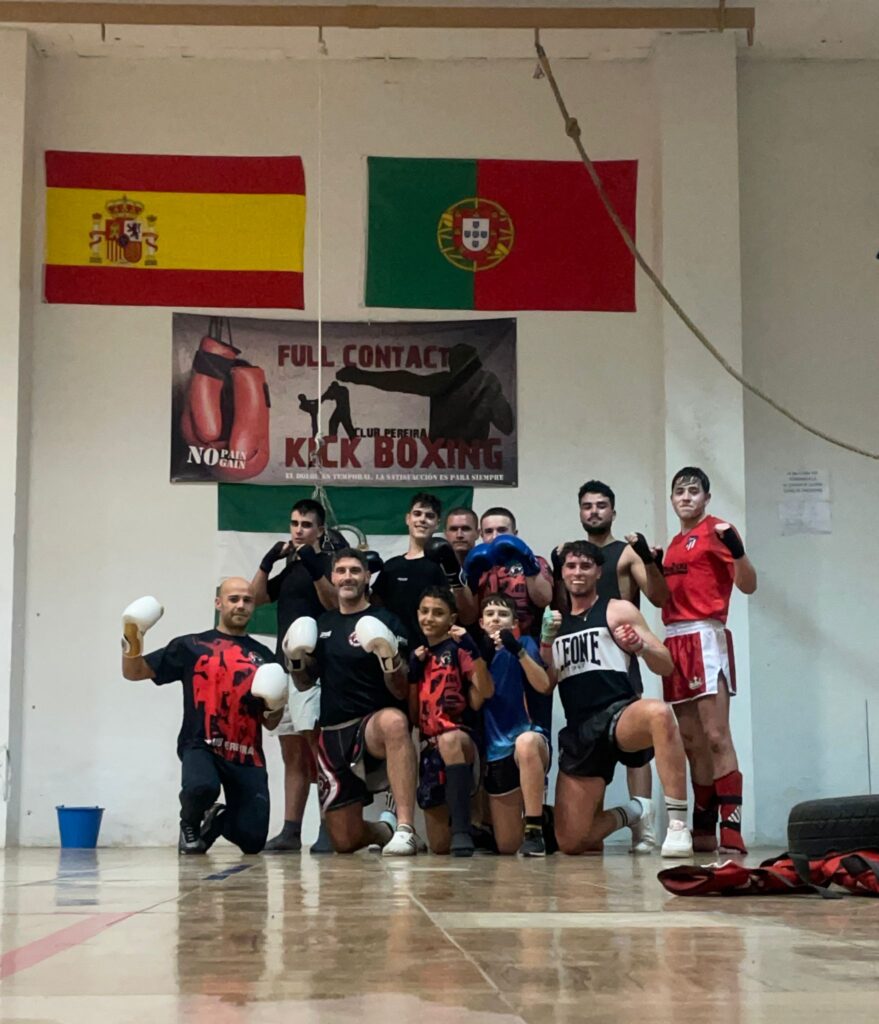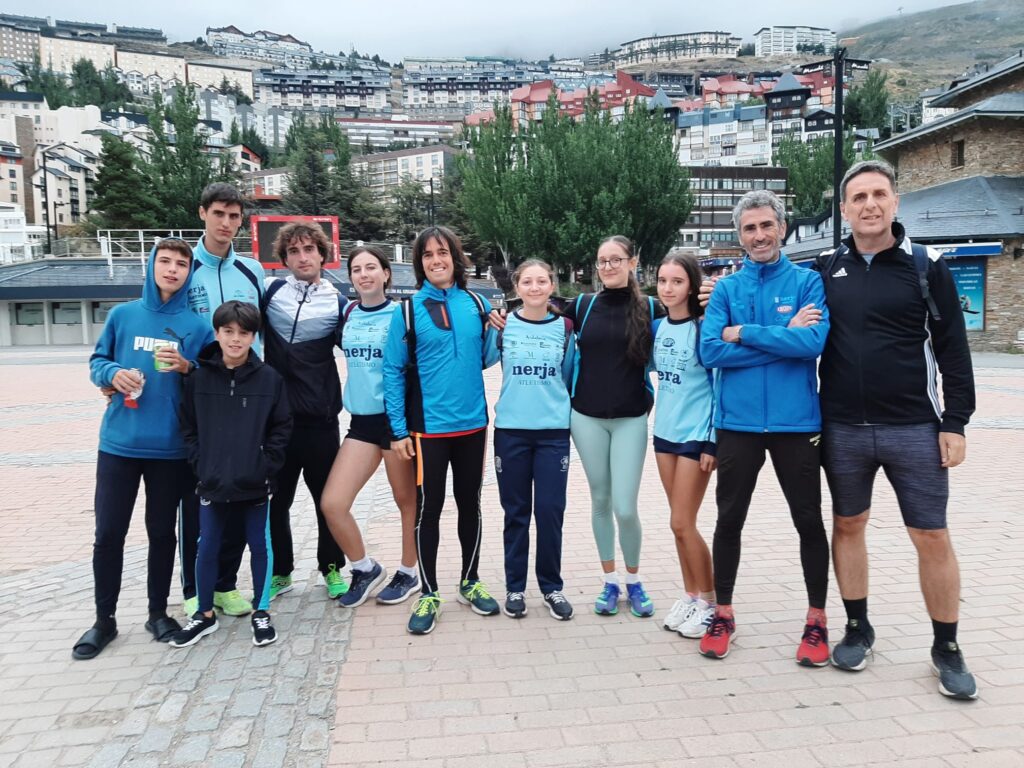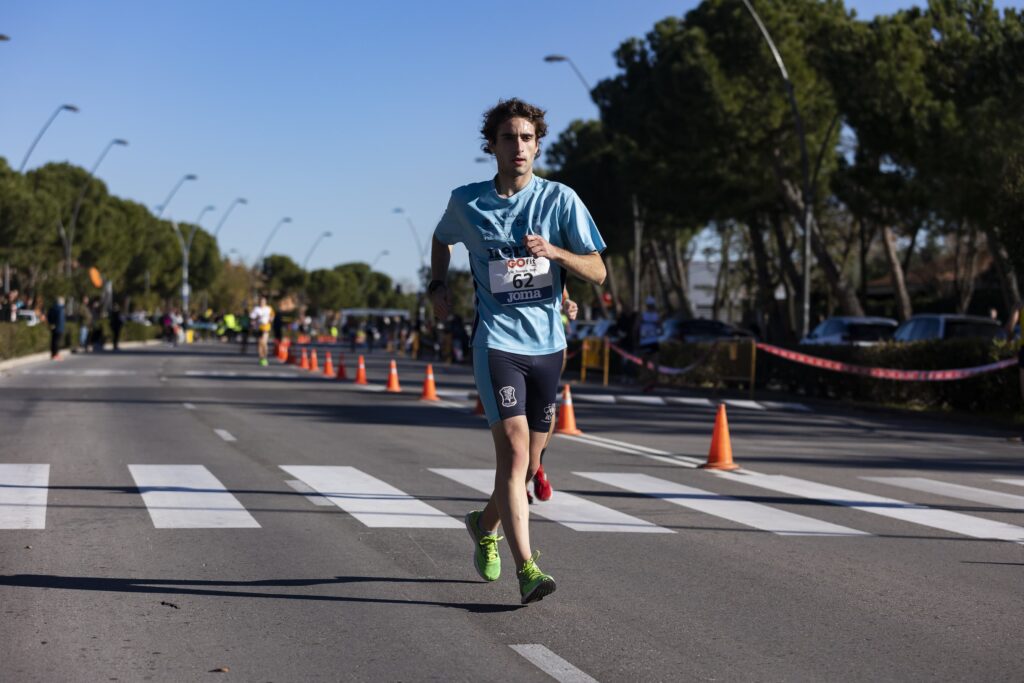Marco Antonio Hinojosa Núñez and Javier Flores Ruiz
Get in Touch : https://www.instagram.com/risingsports_
Rising Sports was established to respond to two pressing challenges in our community: the limited visibility of minoritarian sports such as field hockey, pétanque, and speedwalking, and the increasing rate of sedentary lifestyles across all age groups. We recognised that these issues are interconnected, as limited access to diverse sports options often discourages individuals from engaging in regular physical activity. Our goal was to offer an inclusive solution that would promote healthier lifestyles while giving underrepresented sports the platform they deserve within our local community.
To address this, we launched a local sports clothing and equipment brand featuring original designs tailored to promote lesser-known sports. The brand was developed not only as a visibility tool but also as a sustainable financial model to support the continuity of our project. These products were distributed across communities in Granada and Málaga and were actively presented during local events, including popular races, minor sports tournaments, and traditional competitions. By establishing a presence in these spaces, we aimed to create a recognisable identity that aligns with our mission to increase awareness and participation in minoritarian sports.
In parallel, we implemented a comprehensive calendar of outdoor and inclusive physical activities throughout the summer season. These activities included hiking events, open sports classes, and trial sessions in various disciplines such as pétanque that are not commonly practiced. The events were promoted with the intention of reaching individuals who may not have previously engaged in sports, offering them an easy and welcoming entry point into physical activity. In designing this programme, we collaborated with four local sports centres, gymnasiums, and associations across Granada and Málaga, forming the foundation for workshops and training sessions in areas such as hiking, pétanque, and field hockey.

A particular focus of our engagement was the integration of older adults into the programme. We recognised that many individuals in this demographic face barriers to regular physical activity and are often excluded from mainstream sports initiatives. Through our workshops and partnerships, we reached up to 180 participants and created dedicated opportunities for older individuals to improve their physical health, social connectedness, and overall quality of life. This approach was essential in ensuring the project’s inclusivity and long-term relevance to community needs.
The visibility generated by the project extended beyond the activities themselves, as it also contributed to strengthening local networks and promoting collaboration among various sports associations, event organisers, and community actors. By bringing attention to underrepresented sports and creating a space where different stakeholders could interact, we facilitated new opportunities for dialogue and cooperation. Our project aimed at shifting the local sports culture toward a more inclusive, diversified, and health-conscious model. By creating a viable business model through our clothing brand and delivering accessible, targeted physical activities, we have laid the groundwork for a sustainable social enterprise. The project succeeded in raising awareness about minoritarian sports, fostering healthier habits, and engaging community members across age groups in a shared vision of active living.






